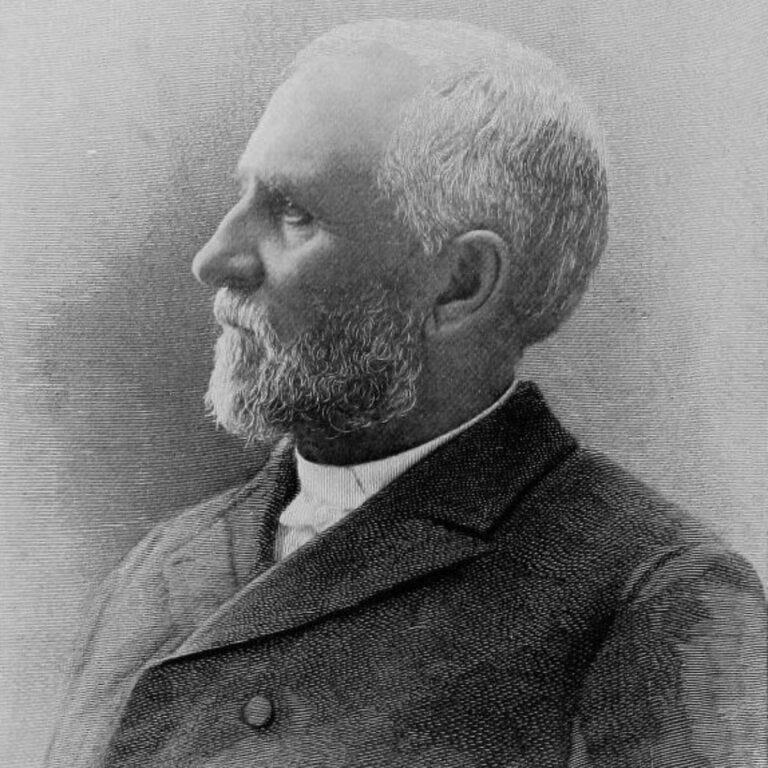[This is John Nevius]
Mutuality is a rising topic in missiology. I good motivation for this is the search for sound cross-cultural ministry frameworks that do not rely on the foundations of colonialism.
A good, generalized definition of mutuality is going to be worked out in the coming years by many missiologists, writing from many different perspectives. In an article I wrote for EMQ (if you are a Missio Nexus member, you can read it here), I outline the three aspects I try to interject into this definition. These are 1) proclaimer and recipient (the gospel must be transmitted), 2) honoring of the image of God in both the proclaimer and the recipient, and 3) a goal of reciprocal relationship. Here is an early draft from me:
In the context of missiology, mutuality occurs when the proclaimer of the gospel honors the image of God in the recipient and seeks a reciprocal relationship.
One of the problems in defining a sound missiology based on mutuality is that the Great Commission assumes that there is a proclaimer and a recipient. Somebody understands/has/represents the gospel, and somebody does not have it. That is not very mutual, but it is reality. Somehow that cannot be lost as we move into a more mutuality based approach to missions.
Like contextualization, in which there are extreme forms that have contributed to pretty bad missions work, mutuality will no doubt have some extreme expressions. Already I am aware of a fairly well-known missions books that pushes mutuality so far that it denies this “have/have not” reality. Romans 10:14 reminds us that there are limits to mutuality: “How then will they call on him in whom they have not believed? And how are they to believe in him of whom they have never heard? And how are they to hear without someone preaching?”
Is this nothing more than a knee jerk reaction to colonialism? No, it is not. In many ways this is more of a fulfillment of missiological ideals expressed for a long time. Going all the way back into the late 1800s we find missions leaders like Nevius and Anderson calling for more mutuality. They did not use the term, but the concepts are certainly there.
Recently, there was a new missions association created in Asia. The announcement described it as being formed purposefully without the involvement of Westerners. A number of people sent me the press release and asked me for my thoughts, thinking that I would be distressed by this new development.
One might be tempted to say, “Not very mutual.” I think that misses the bigger story.
For decades we in the global missions movement have wanted to see the churches that were being planted take up the baton and run with it. Now that it is happening, why would we lament this? This should be a time of celebration for us. If non-Western movements could get better organized, funded, and positioned to carry out the Great Commission than they are today, that would be awesome. So, for my part, I am a fan. A raging fan!
These new networks will face the same dynamics as the old ones have. Already, the global south missions movement is struggling with attrition, funding, church relationships, and the myriad the “old sending nations” know well.
This is also part of mutuality. While the term is most often used to refer to the relationship between the sent missionary and the receiving culture, there also needs to be heightened mutuality in our missions partnerships. As these associations and networks develop their own experiences there are ever widening circles of shared successes and struggles that will ultimately bind us together.
PS Heading on vacation, then a board meeting in Europe. See in two weeks!




